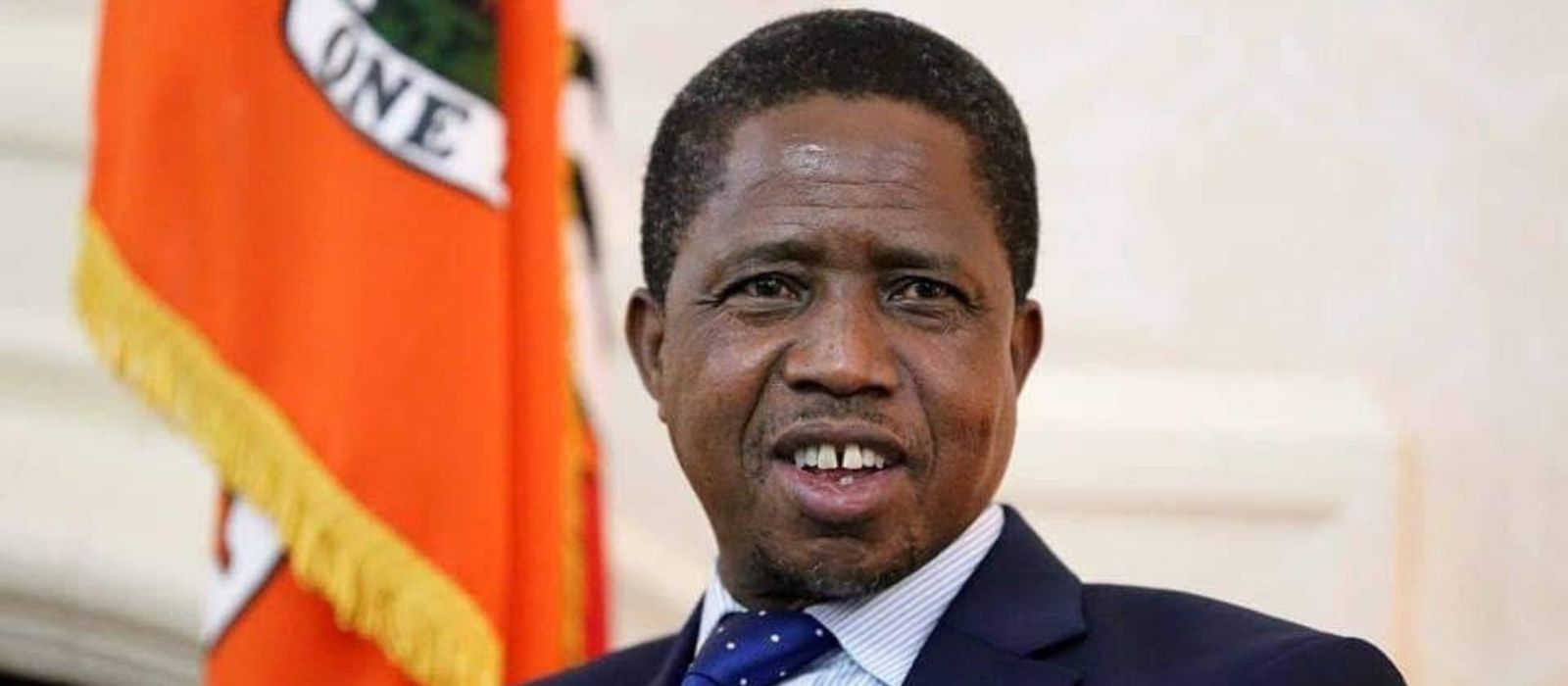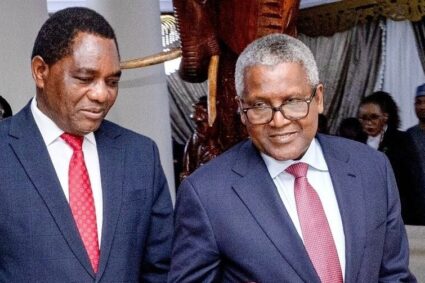
The Zambian Constitutional Court has unequivocally declared former President Edgar Lungu ineligible to contest any future elections, including the forthcoming 2026 general elections. This verdict, handed down by six judges, underscores the constitutional tenets surrounding presidential term limits in the country.
The court’s decision, delivered on Monday by Justice Arnold Shilimi, deputy president of the Constitutional Court, resolved lingering ambiguities over Lungu’s eligibility. The judgment affirmed that Lungu’s time in office from 25 January 2015 to 13 September 2016, when he completed the tenure of his late predecessor Michael Sata, constituted a full presidential term. Consequently, coupled with his subsequent tenure from 2016 to 2021, Lungu has served the maximum two terms allowed under Zambia’s Constitution.
The ruling arrives amidst ongoing debates about the constitutional interpretation of partial presidential terms, with Lungu and his legal team asserting that his first term should not count as a complete tenure. However, the court dismissed these arguments, emphasising the clarity of constitutional provisions. The judgment also reflected on Lungu’s successful candidacy in the 2021 elections, which the court had previously validated despite his earlier service.
Lungu, who has remained a polarising figure in Zambian politics since his defeat to incumbent President Hakainde Hichilema in 2021, reacted to the decision with a blend of resignation and veiled defiance. Writing on his official Facebook page, he described the judgment as “expected,” but decried it as a product of “political manipulation.”
“For months, the hands of political manipulation have, with undeniable force, steered us toward a conclusion foreseen not by the merits of reasoned argument or constitutional fidelity but by the weight of orchestrated design and political machinations,” Lungu stated. Despite this, he signalled readiness to pursue what he termed a “Plan B,” aimed at serving Zambians through alternative, yet unspecified, avenues.
The verdict brings closure to a case initiated by a young activist seeking clarity on the former president’s eligibility. It also reinforces the integrity of Zambia’s democratic institutions, particularly their role in ensuring adherence to constitutional mandates.
As the nation absorbs the implications of this ruling, political analysts suggest that it symbolises a significant step in consolidating democratic principles in Zambia. However, for Lungu’s supporters, the decision is likely to deepen a sense of disenfranchisement, as their hopes for his political resurgence are effectively dashed.
Zambia’s Constitutional Court has once again demonstrated its pivotal role as the arbiter of legal and constitutional disputes, setting a precedent likely to resonate across the African continent. For now, the country turns its attention to the broader political discourse, as it prepares for the 2026 elections, now absent one of its most contentious figures.


